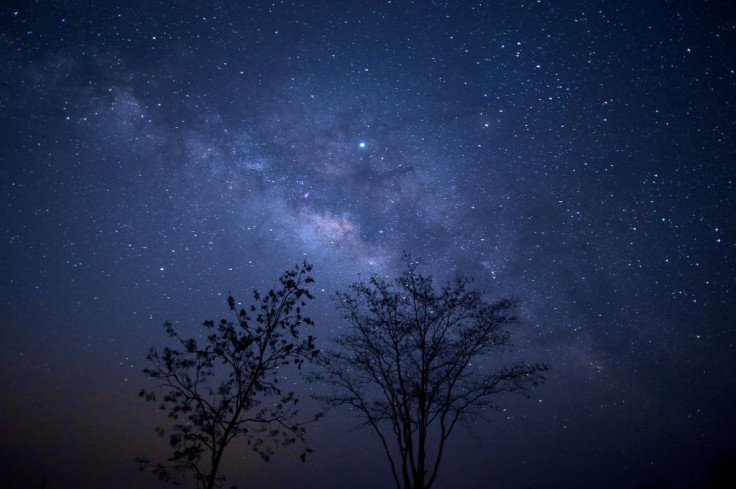A New Kind Of Galaxy? What Astronomers Found This Week That Might Surprise You
A new discovery in far off deep space has astronomers scratching their heads. Recently observed for the first time by the Atacama Large Millimeter/submillimeter Array (ALMA) in Chile, Galaxy DLA0817g is a spinning disk galaxy of similar structure to our own Milky Way Galaxy located in the “deep universe” and is the further rotating galaxy yet discovered by humanity. These findings were published in the scientific journal, Nature, earlier in the week.
What has astronomers stunned is the apparent age of the galaxy, currently nicknamed the “Wolfe Galaxy” after astronomer Arthur M. Wolfe. At 12.5 billion years old, the Wolfe Galaxy would have theoretically formed at an early point in the life of our universe when such stable, spinning disk galaxies were believed to impossible. This discovery is poised to change a major part of what we know about the universe.
The giant "Wolfe Disk" galaxy is spinning serenely during a time of chaos in the early universe. Nobody knows how it achieved such Zen calm. https://t.co/9Ft8p4pyeJ pic.twitter.com/WQTvrpGdDa
— Corey S. Powell (@coreyspowell) May 23, 2020
In the early years after the Big Bang – which scientists theorize occurred roughly 13.8 billion years ago – the formation of galaxies was a tumultuous affair, with scrambled, unstable structures and hectic lifespans, often crashing into one another. Stable galaxies like the Milky Way are thought to have formed gradually, with most dating back only as far six billion years after the Big Bang.
“Most galaxies that we find early in the universe look like train wrecks because they underwent consistent and often ‘violent’ merging,” Marcel Neeleman, lead author for the study, explained. “These hot mergers make it difficult to form well-ordered, cold rotating disks like we observe in our present universe.”
This discovery has prompted astronomers to propose a new method for galaxy formation, known as “cold mode accretion.” The typical model for galaxy formation saw stable disks form after hot gas is drawn in by dark matter halos cooled over billions of years. Under this new model involves colder gases being drawn in by these halos and stabilizing much faster due to their low temperature.

© Copyright IBTimes 2024. All rights reserved.





















